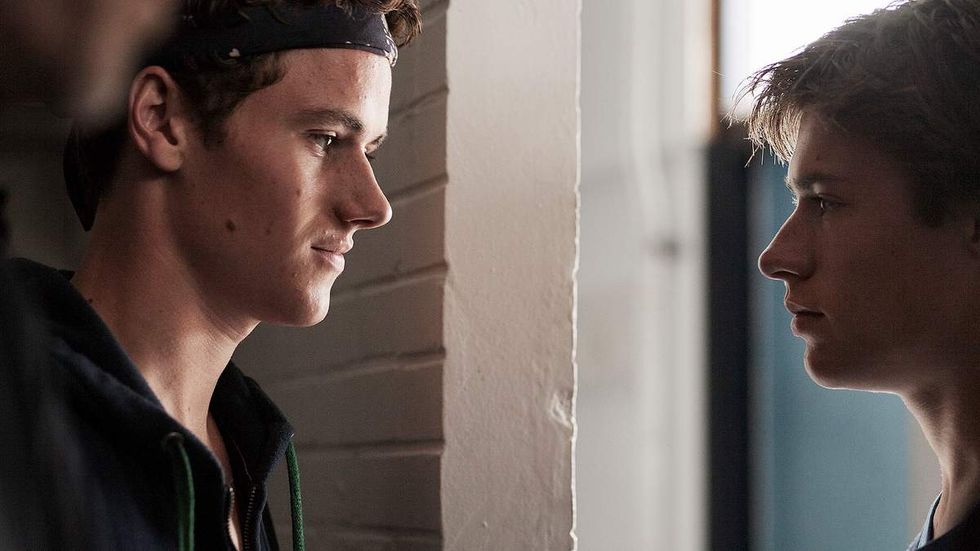While a horror film about a haunting can be good, it’s the ones that leave their viewers feeling haunted that are truly great. They’re movies that follow the audience home, creeping into their thoughts and disrupting their sleep long after the credits have rolled. Hypochondriac, a new semi-autobiographical film by queer filmmaker Addison Heimann and starring Zach Villa, falls firmly into that latter category. It sticks with you and gets under your skin — almost as if its ideas are infectious.
The film follows Will, a young gay Hispanic man who’s made a beautiful life for himself despite the deep generational trauma that plagues him. He’s aspirational, has friends, works at a creative job he excels at, and enjoys a loving and intimate relationship with his supportive boyfriend Luke (Devon Graye). But all of that can’t protect him from the monster he’s tucked away inside — one that’s unleashed when his mother unexpectedly re-enters his life.
The walls of his reality begin to crack as his body starts to fail him. It’s a new kind of body horror that eschews the fantastical and grotesque for something even more chilling because it feels like it really could happen to you. It did happen, to some degree, to writer and director Heimann, who was inspired by his own experience of a mental and physical breakdown.
As Will’s physical and mental health spiral, he begins being stalked by a wolf-like creature that may or may not be a manifestation of the trauma. The result is a perfect lens through which to explore the horrors of psychological illness, the stigma around it, and the labyrinthian nightmare that is the medical industry for those facing mental health struggles. It’s a big ask for a performer, but Villa is up to the task, imbuing every frame with pathos and humanity that cries out for empathy and understanding.
It’s the kind of story the Villa himself was grateful to see come to the screen, let alone be able to bring to life. “When I read the script for the first time, I was like, ‘oh, yeah, this is special’. I’ve never seen anything depicted quite like this around the theme of mental health,” he tells PRIDE. “Mental health is usually demonized in a way that’s like, ‘Oh, God, don’t lose your mind. It’s, like, ‘that’s so terrible.’ What does that even mean?” he asks. The film also asks this, seeking to deliver a much more nuanced take on the experience of mental illness than can often be seen in the horror genre — which has a long and storied history of making it synonymous with being villainous.
Here the horror is compounded by a medical industry that’s gaslighting and dismissive at best and at worst only serves to catastrophize Will’s fears.
It’s exquisitely painful to watch as Will’s life slip from his hands, both literally and figuratively. In evoking those feelings, the film is doing its best work, acting as an empathy machine that gives viewers insight into a struggle that’s so deeply stigmatized. Therein lies the power of genre filmmaking.
The film is equally effective in its inclusion of LGBTQ+ characters. Make no mistake, this is a queer film. Queerness is not simply a footnote or subtext in Hypochondriac. His relationship is central and passionate, and that’s all depicted on screen. However, there’s one important nuance that must be noted about the films queer representation is how it draws a clear line of distinction between his mental illness and his sexual identity. He’s struggling but not because he’s queer but in spite of it; His queerness in this case is incidental to the horror plot, without ever being back-burnered. It’s a difficult line to walk but impressive in its deft execution.
That distinction resonated with Villa as well. “We all have trauma, it doesn’t matter who you date, or who you sleep with,” he says. “Just by being in [Will’s] queer sphere, for lack of a better term, we’re doing a service in moving the genre forward. It’s like, ‘boom, there it is. It’s normal, you guys deal with it’. And then we get to focus on the fact that he’s just another person that is also dealing with mental health and trauma, and it affects all of us, no matter what your choices or your genetics or your programming.”
As a piece of filmmaking, Hypochondriac is powerful and extremely accomplished for a first-time director. It’s anchored by Villa, who offers a raw and vulnerable performance that’s equal parts charm and gut punch. It’s also bolstered by a bevy of cameos from Paget Brewster, Madeline Zima, and Michael Cassidy, who each drive some of the best moments of dark humor in the film, because, yes, it’s also very funny. But it’s Marlene Forte as Will’s prodigal mother who’s the snarling heartbeat of the film, lurking on the edges and appearing at its center just long enough to rip out the jugular of her son’s psyche.
As I said at the start, Hypochondriac will haunt you. But some ghosts are welcome interlopers that leave you changed and feeling seen, but also very entertained.
Hypochondriac is in theaters July 29 and will come to on demand along with digital storefronts Aug. 4. Watch the trailer below.
RELATED | Chucky’s Back With More Child’s Play Faves In The Season 2 Trailer












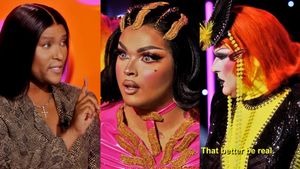

































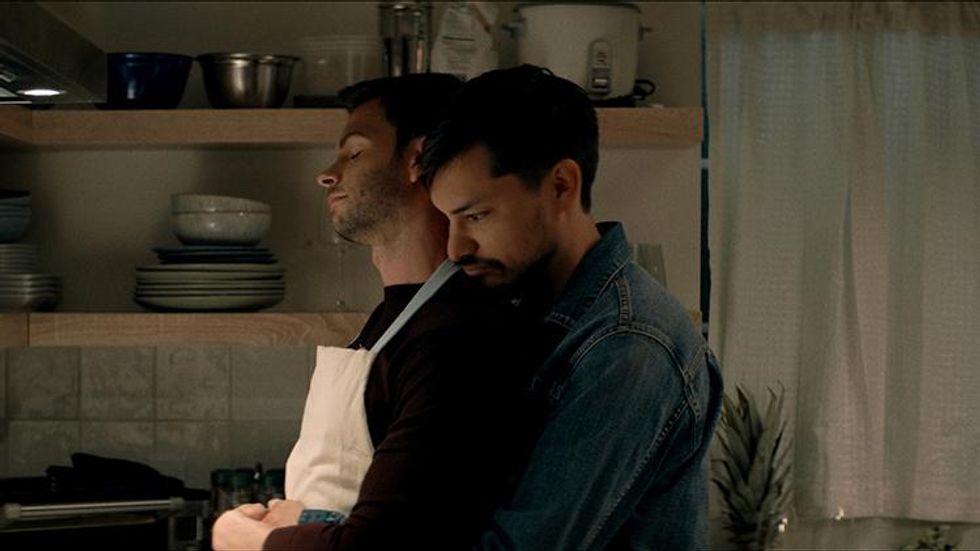
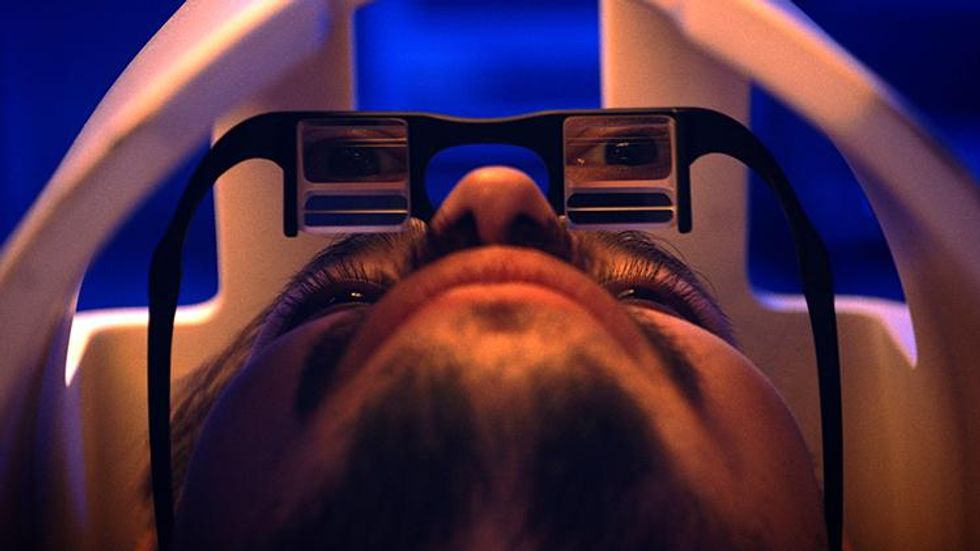
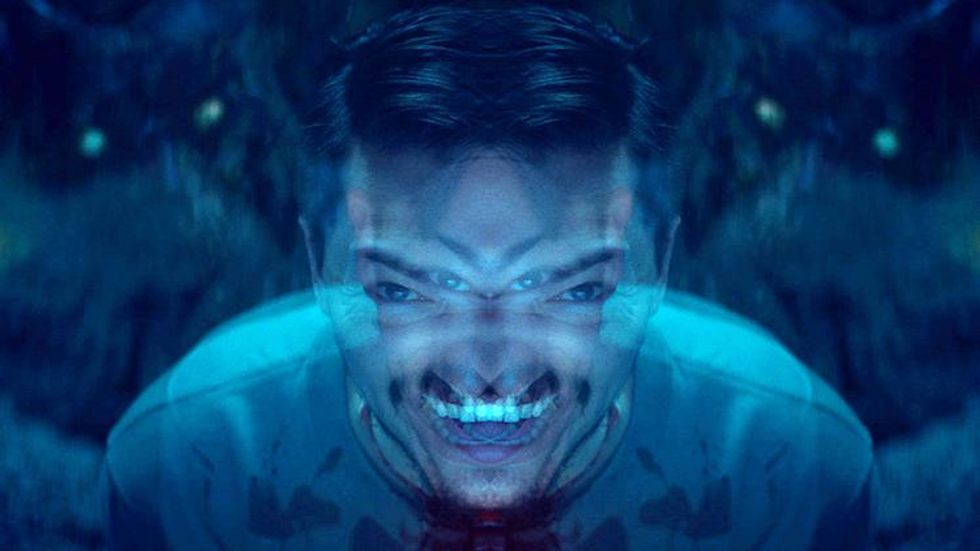

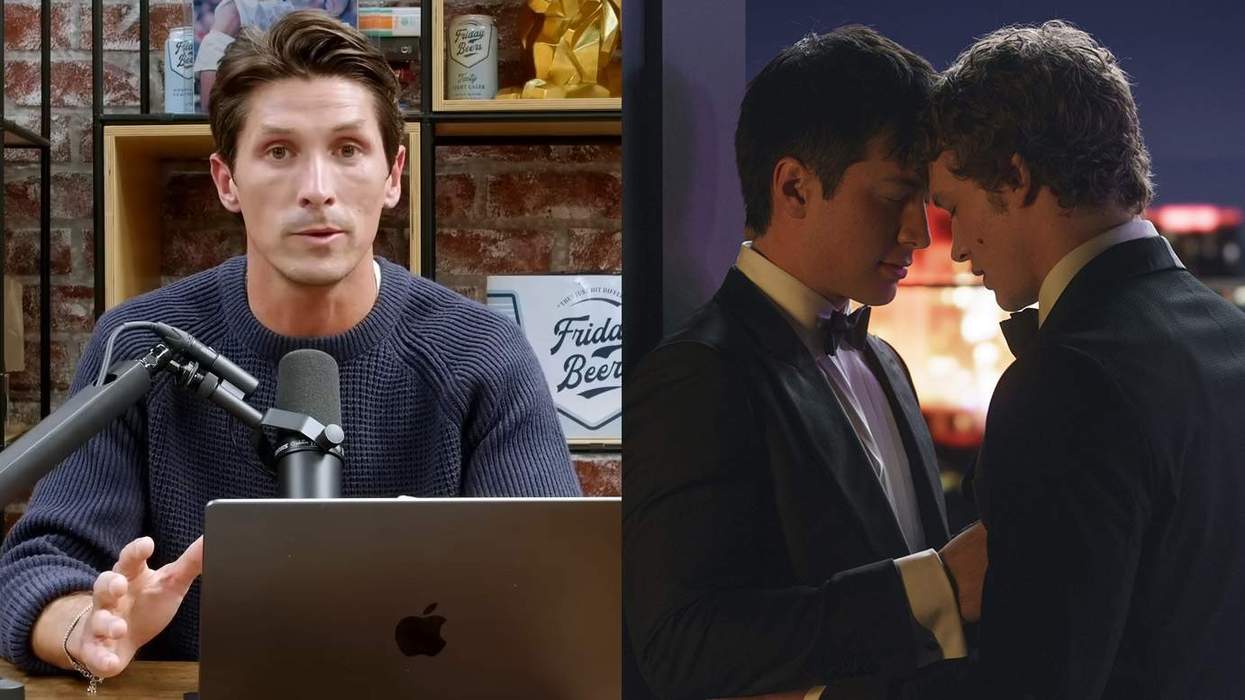
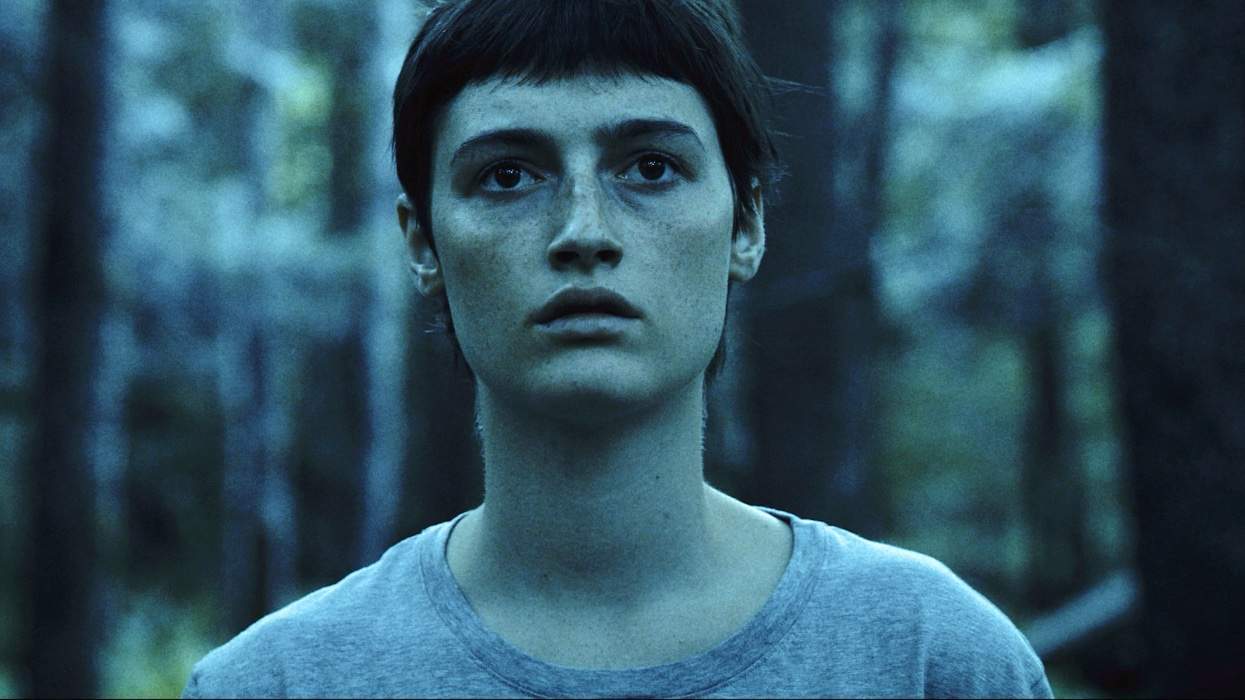


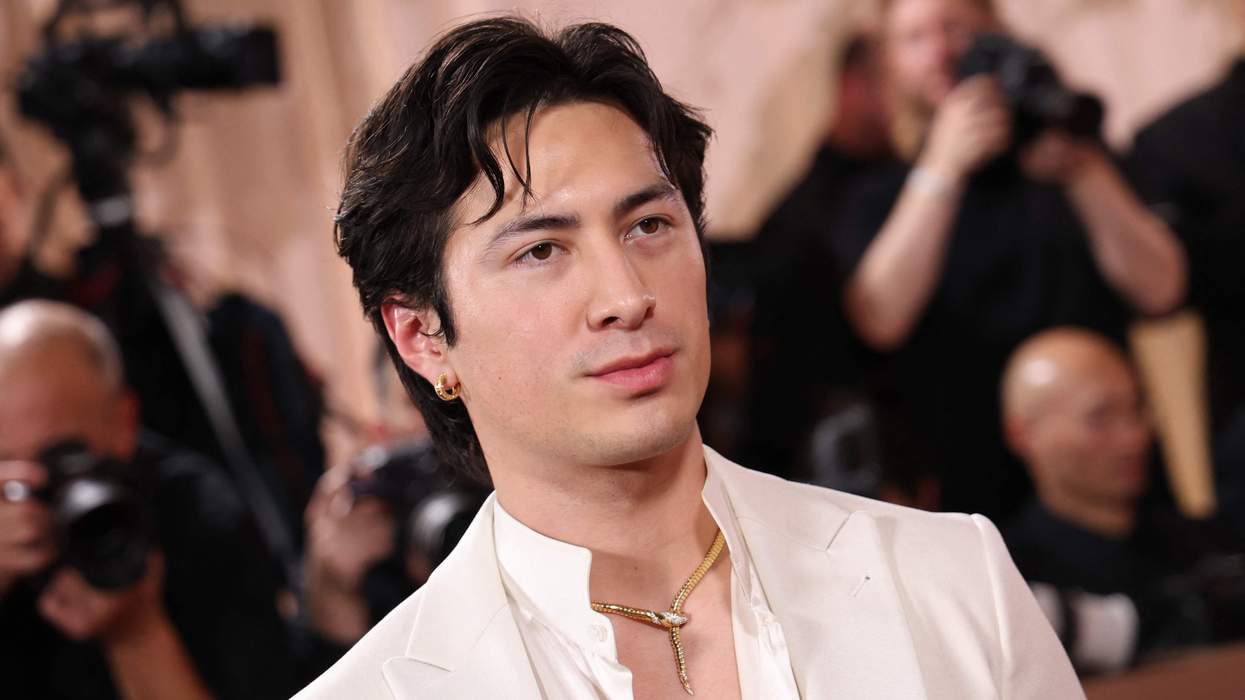





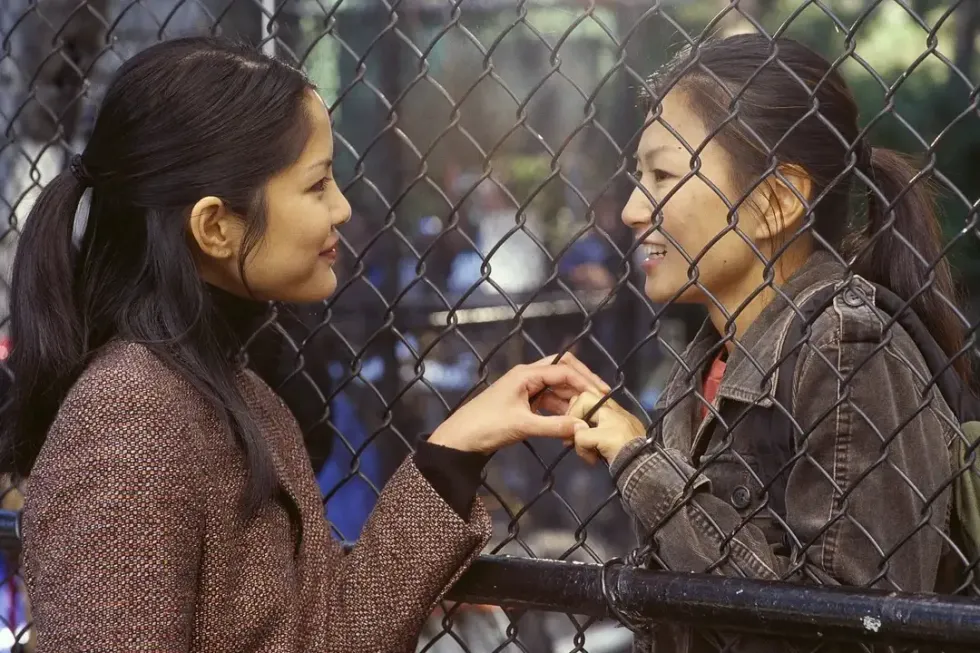



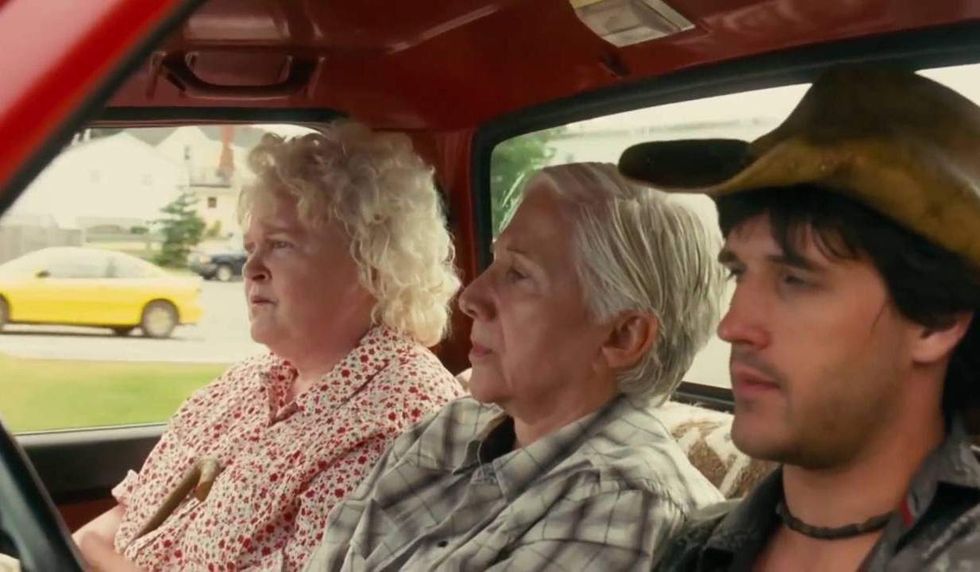



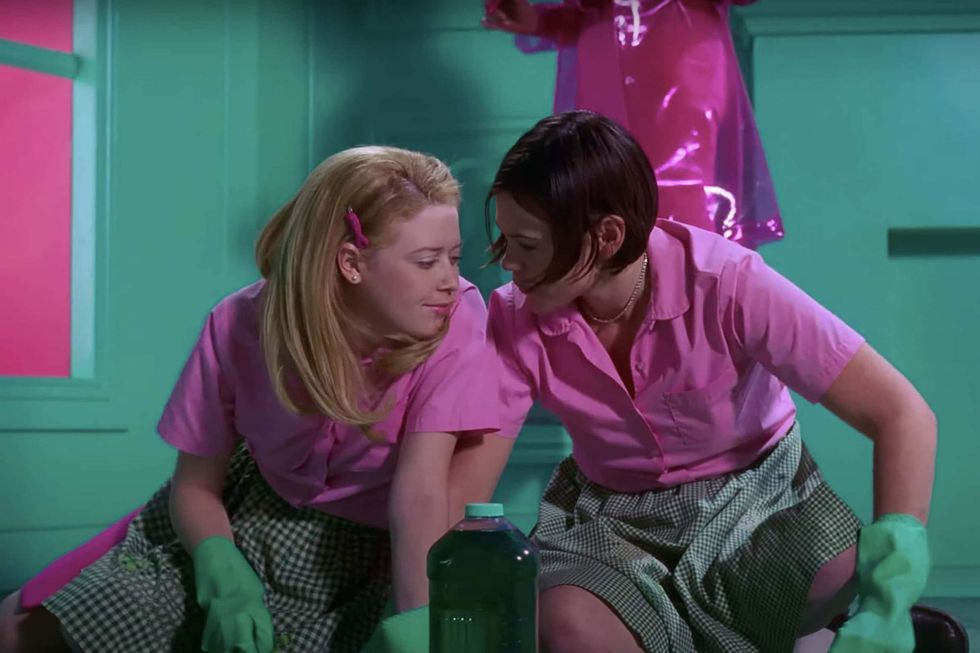
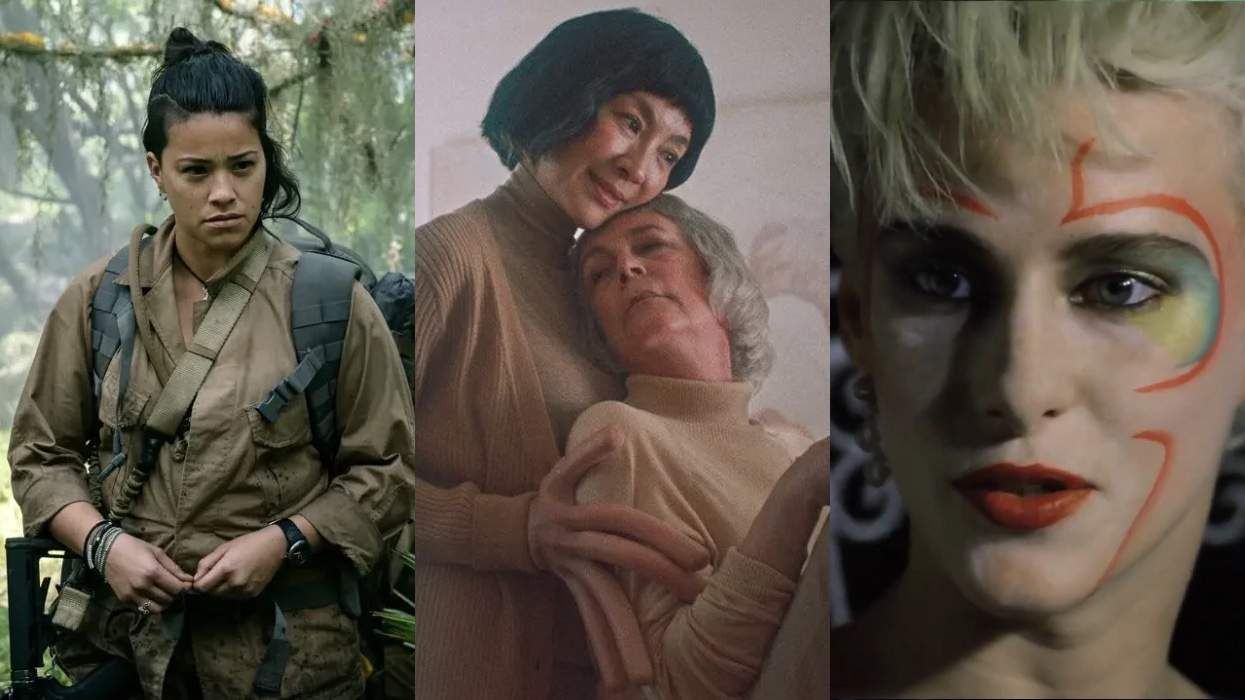
 Lesbian Space PrincessCineverse
Lesbian Space PrincessCineverse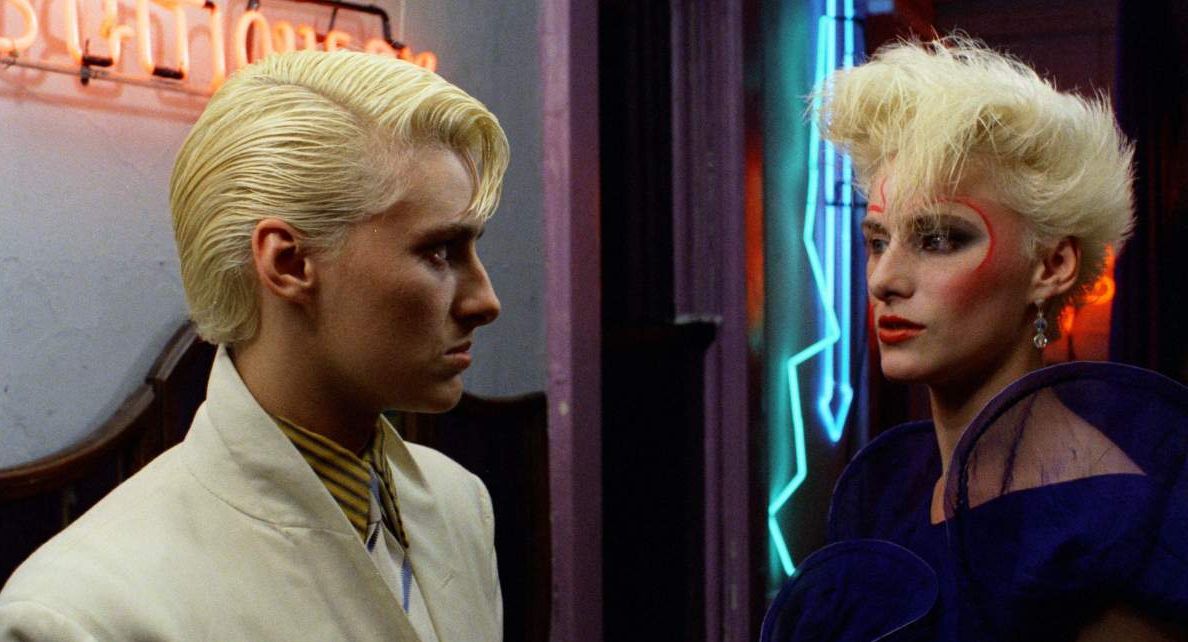
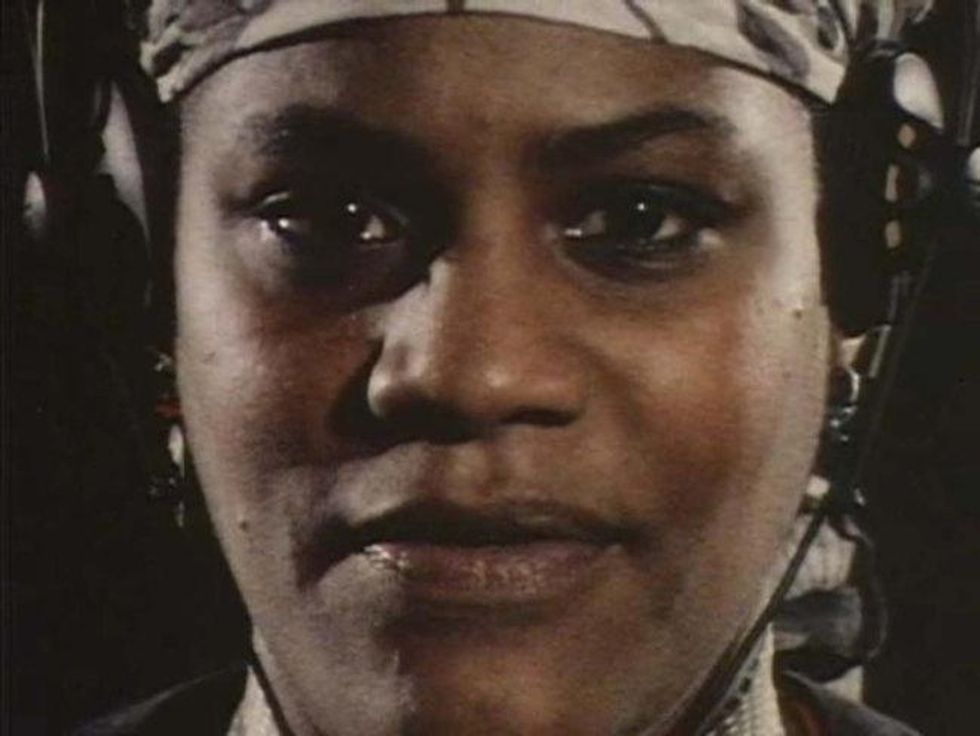
 AnnihilationParamount Pictures
AnnihilationParamount Pictures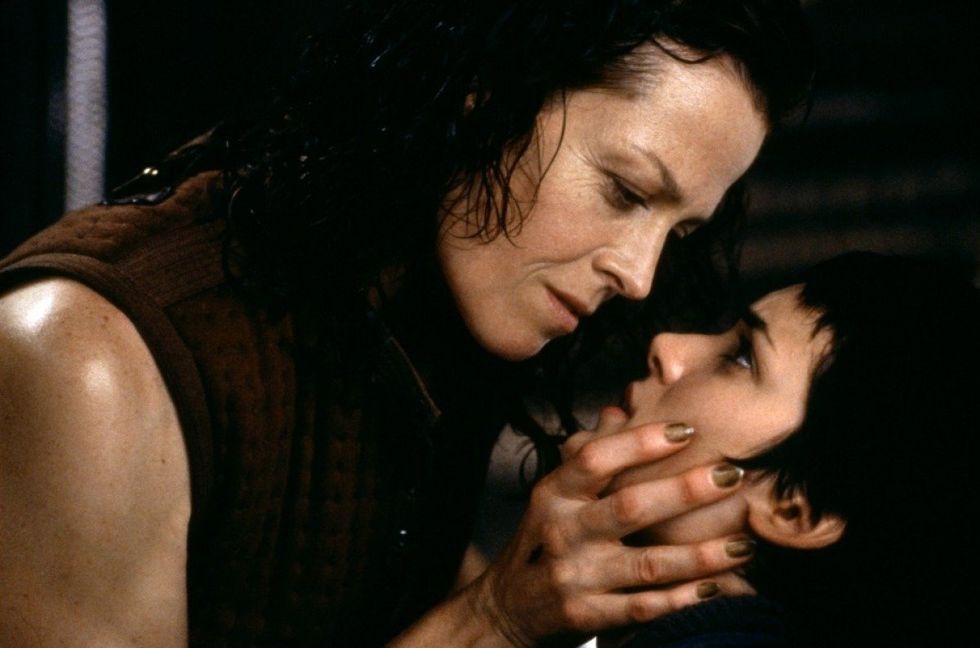
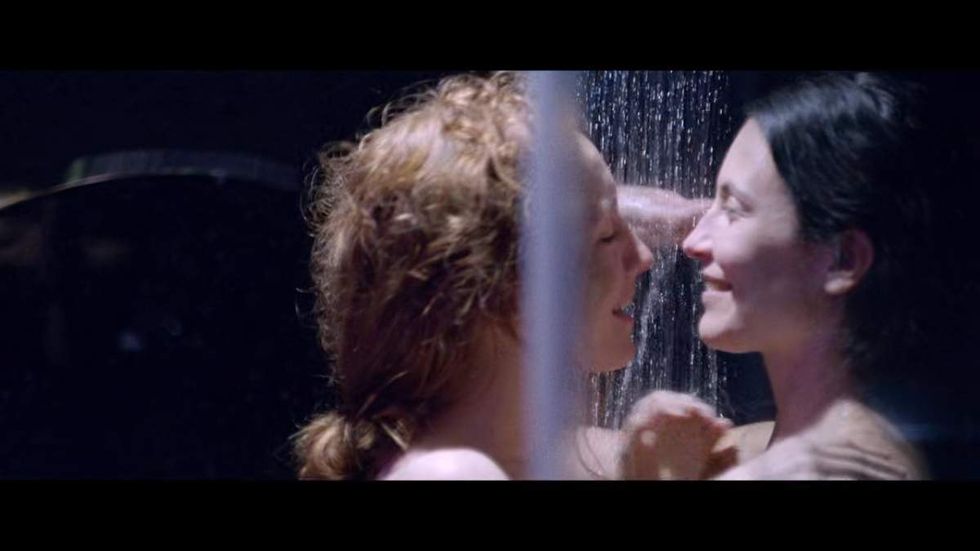 AniaraMagnolia Pictures
AniaraMagnolia Pictures
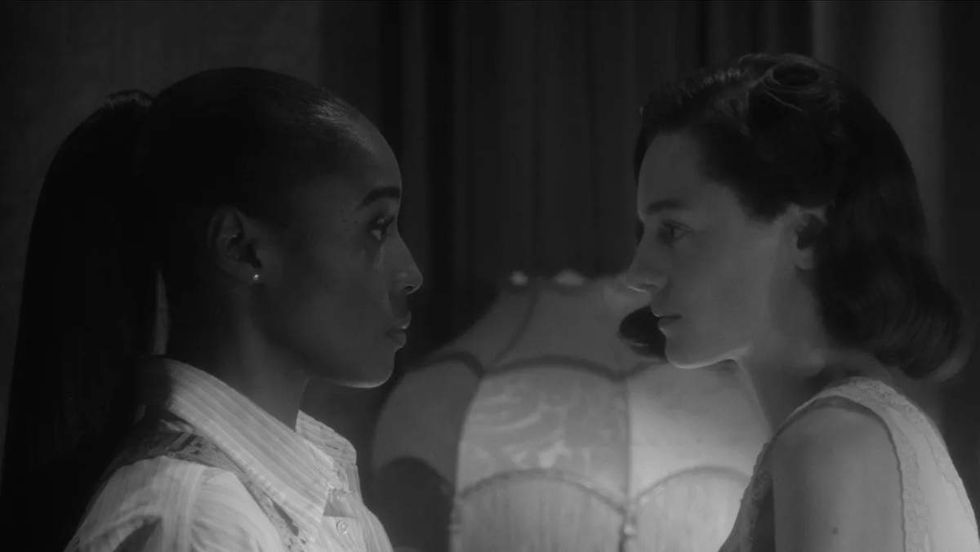
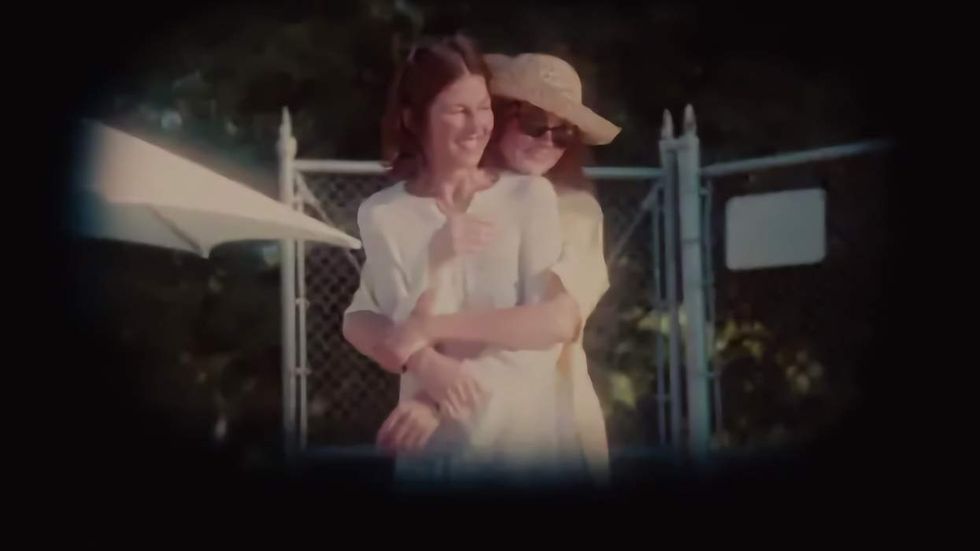
 V for Vendetta
V for Vendetta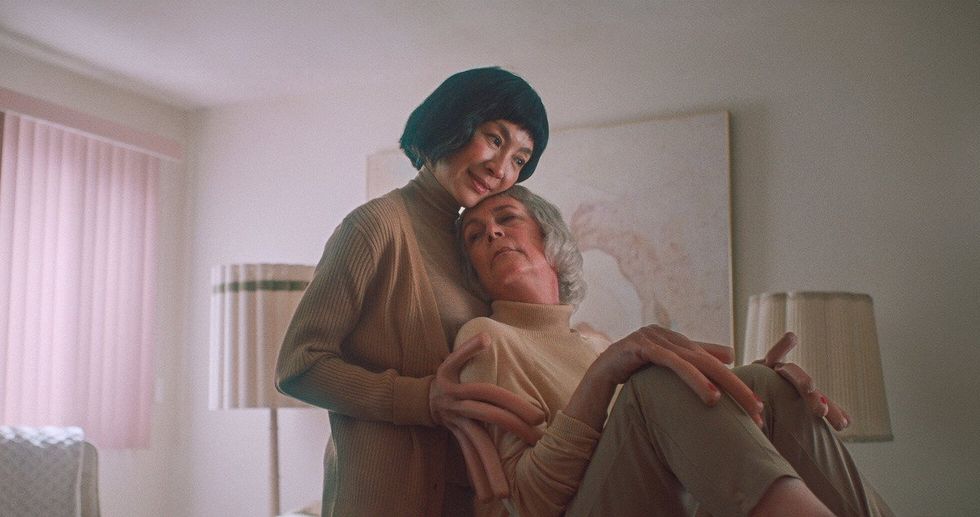
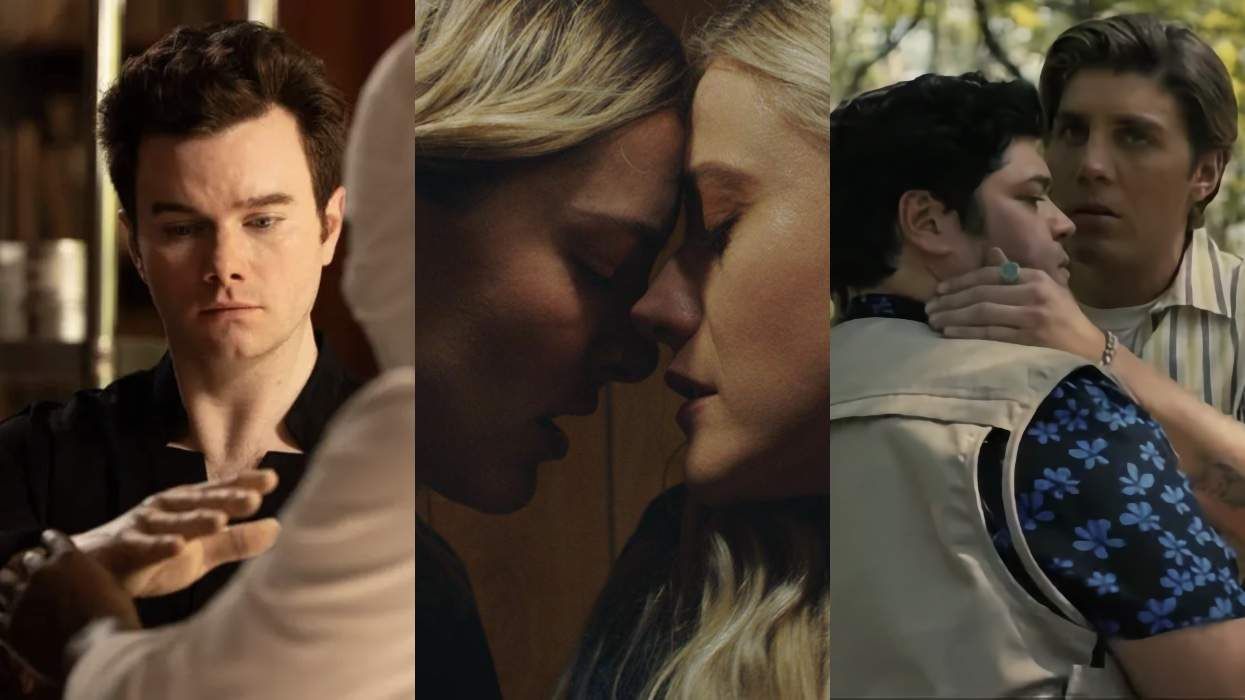
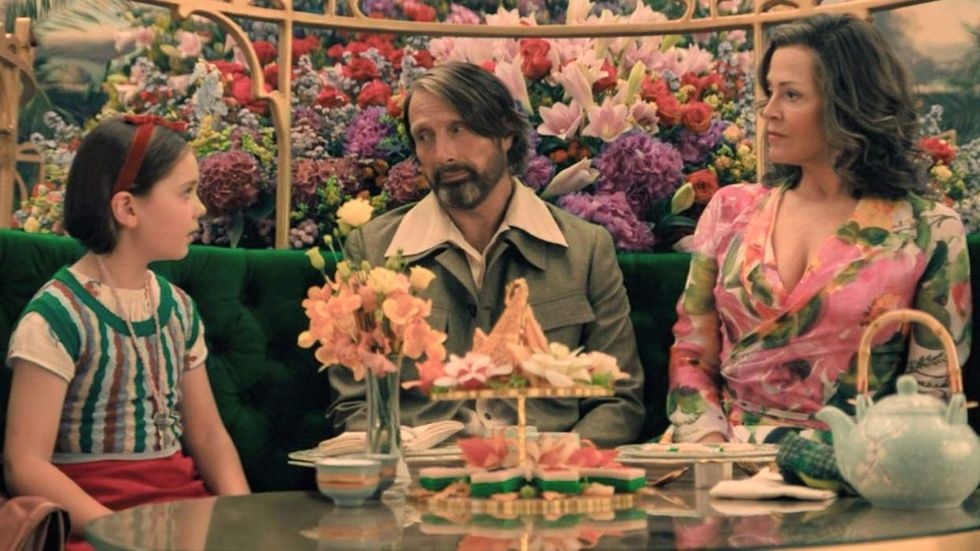 'Dust Bunny' is a magical, gay-helmed masterpiece you must see on the big screenRoadside Attractions
'Dust Bunny' is a magical, gay-helmed masterpiece you must see on the big screenRoadside Attractions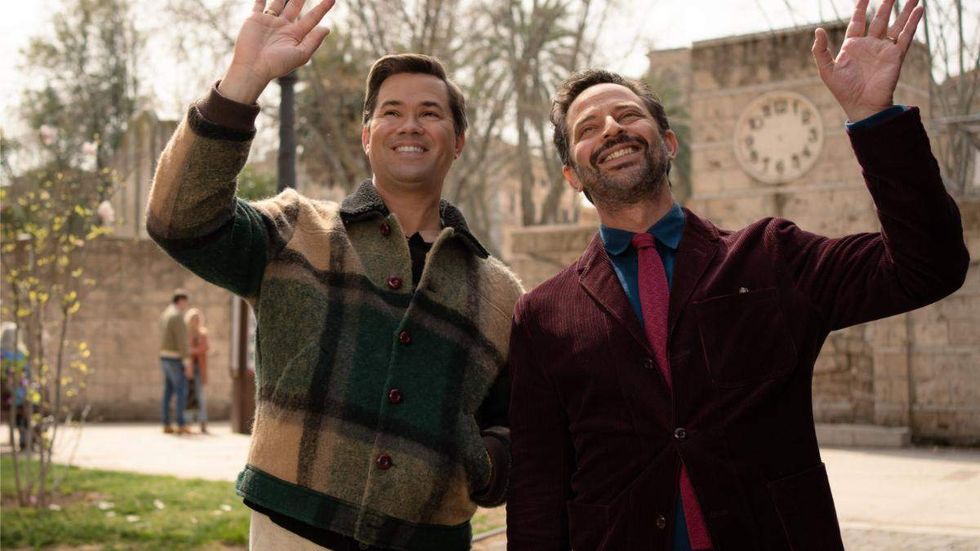 I Don't Understand YouVertical
I Don't Understand YouVertical 
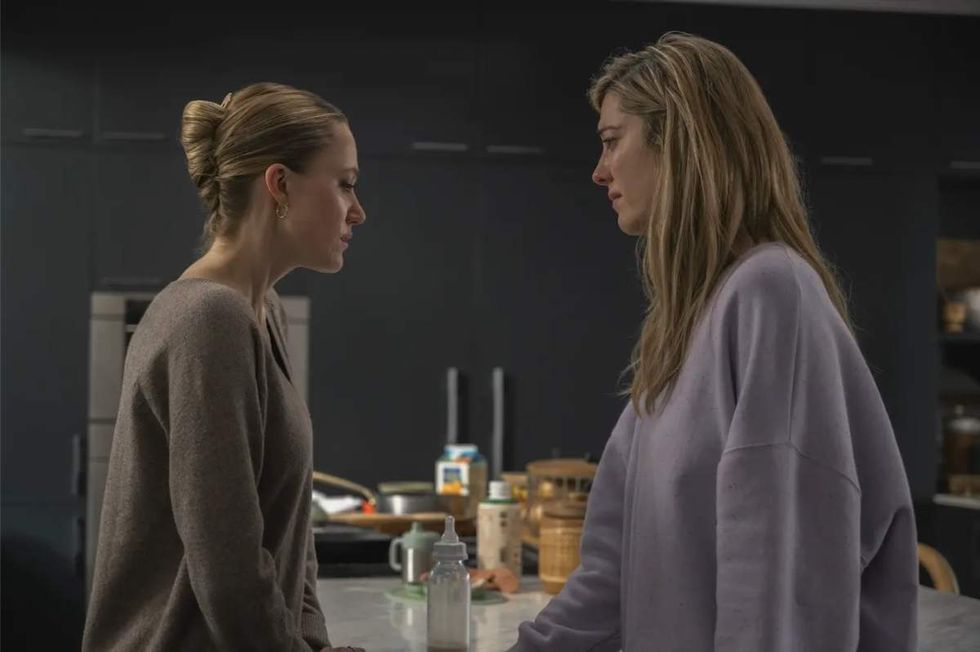
 Clown in a CornfieldCourtesy of SXSW
Clown in a CornfieldCourtesy of SXSW ‘Fréwaka’Shudder
‘Fréwaka’Shudder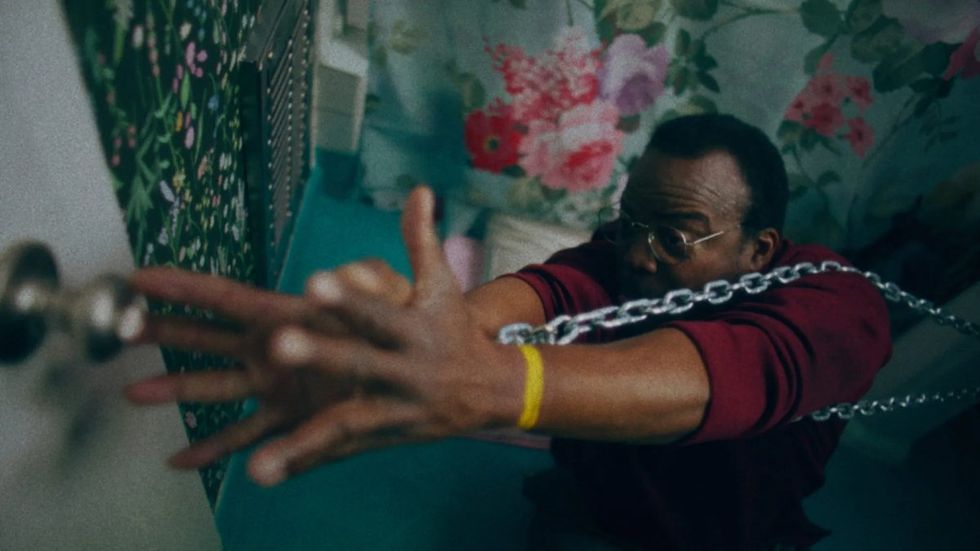 ‘Dead Mail’ Shudder
‘Dead Mail’ Shudder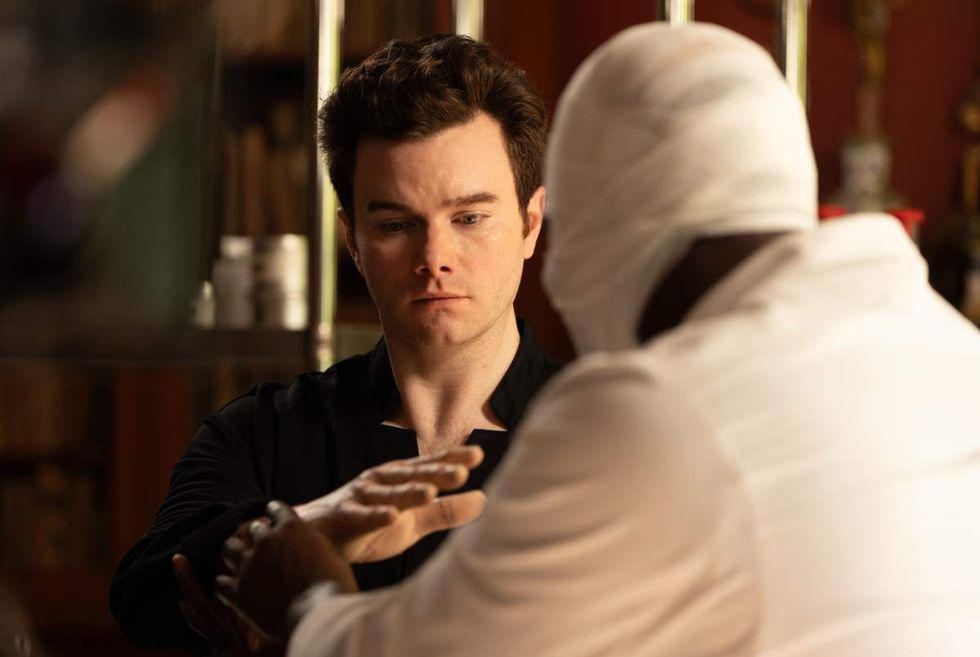 Chris Colfer in The Restoration of Grayson Manor'
Chris Colfer in The Restoration of Grayson Manor' Still from 'Queens of the Dead'Vanishing Angle
Still from 'Queens of the Dead'Vanishing Angle ‘Companion’New Line Cinema
‘Companion’New Line Cinema  Cassandra Naud in 'Influencers'Shudder
Cassandra Naud in 'Influencers'Shudder






